Inspirational mum in business and events guru, Laura Wolfe
Laura Wolfe © TOM PITFIELD PHOTOGRAPHY FOR BROOD MAGAZINE Inspirational mum in business, and...
Read MorePosted by Lolo Stubbs | May 25, 2022 | Motivation, Work |
Laura Wolfe © TOM PITFIELD PHOTOGRAPHY FOR BROOD MAGAZINE Inspirational mum in business, and...
Read MorePosted by Lolo Stubbs | May 4, 2022 | Family |
Whilst juggling her acting career, Brooke’s fabulous stationery brand has gone from strength to strength.
Read MorePosted by Lolo Stubbs | May 4, 2022 | Motivation |
Culinary genius Simon Wood rose to fame as the winner of MasterChef. He now has 2 restaurants, a cook book & a goal for a Michelin star. Read his inspiring interview
Read MorePosted by Lolo Stubbs | May 4, 2022 | Work |
Celebrity Makeup Artist Cassie Lomas has built an incredible empire since her 20’s. Read her inspiring journey
Read MorePosted by Lolo Stubbs | May 4, 2022 | Work |
Dad of one, Adrian Adair is the COO of recruitment and engineering organisation Morson Group and has been a senior leader within the company, for over 10 years.
Read More Fun, Affordable Ideas to Keep Kids Entertained at Home
Fun, Affordable Ideas to Keep Kids Entertained at Home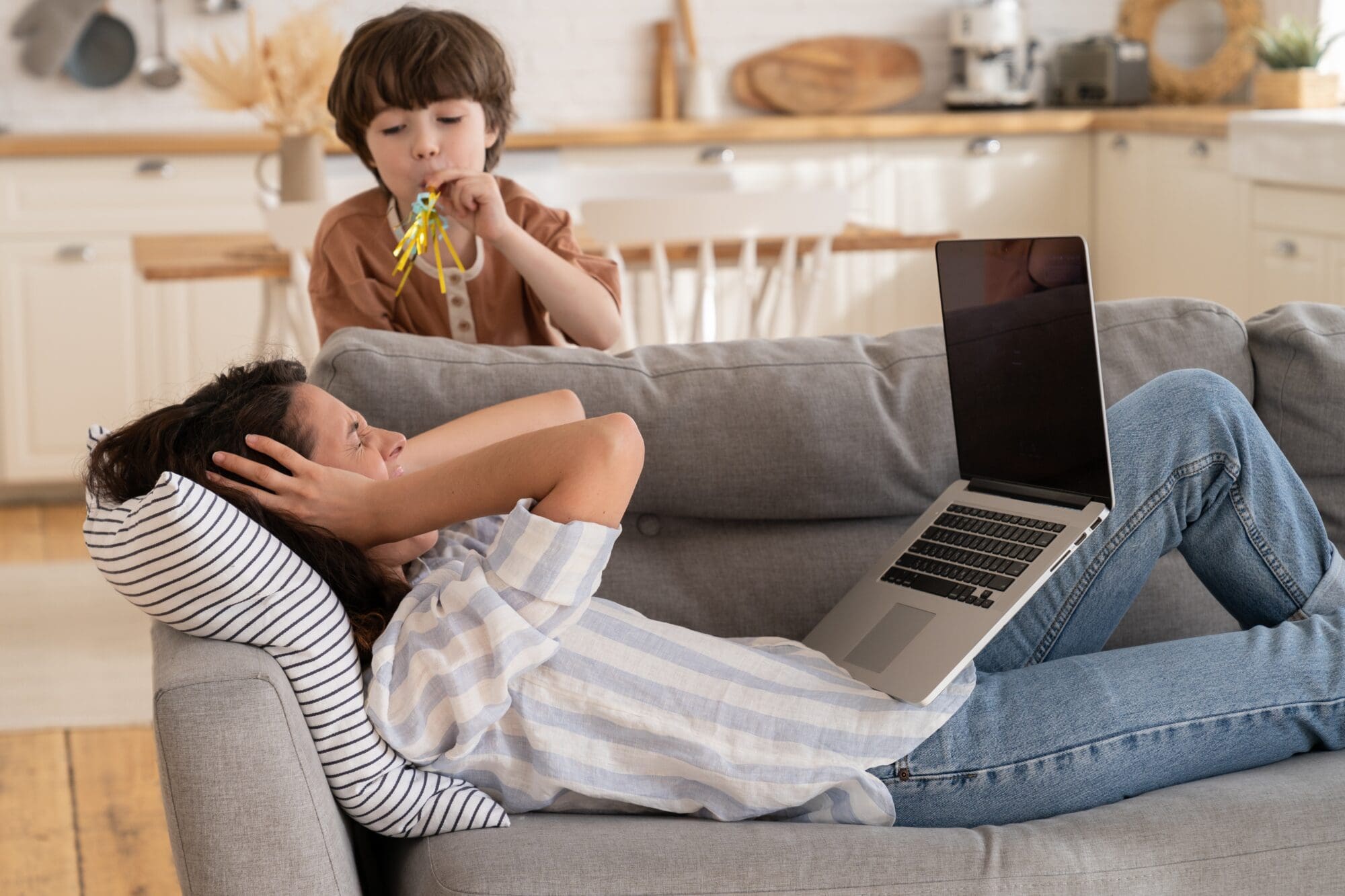 Sarie Taylor: Overwhelm
Sarie Taylor: Overwhelm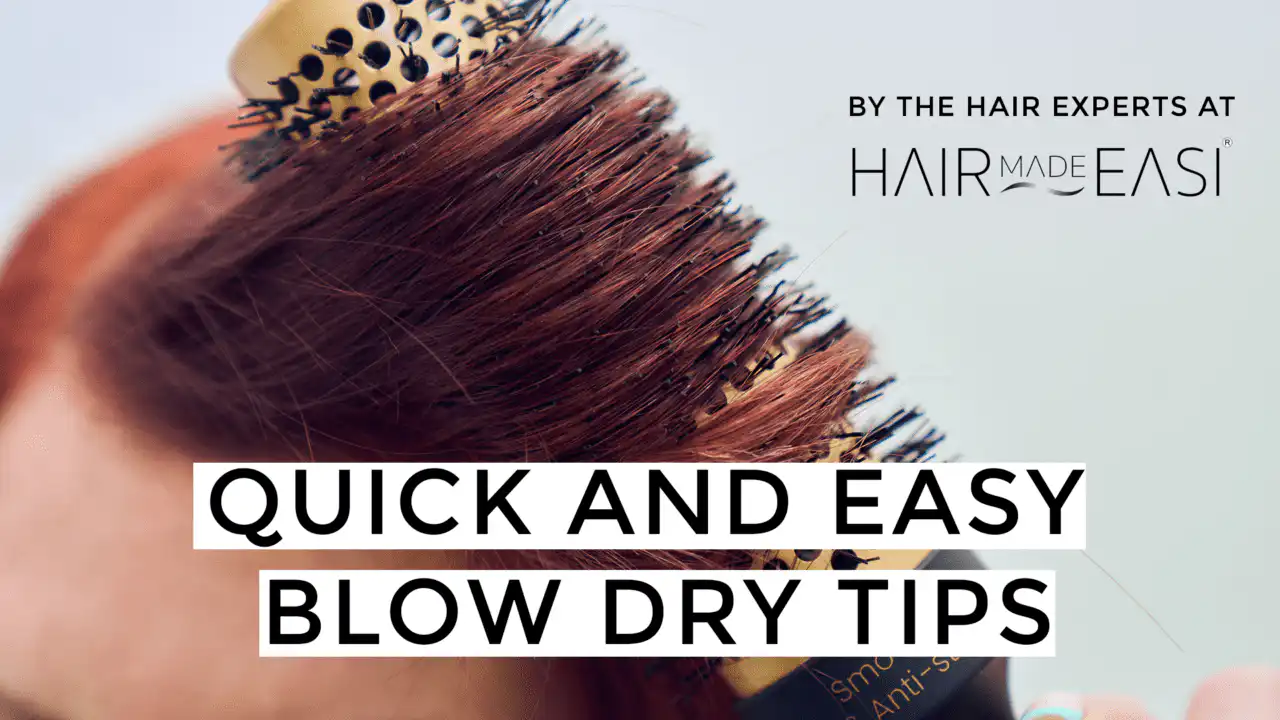 Quick and Easy Blow-dry Tips
Quick and Easy Blow-dry Tips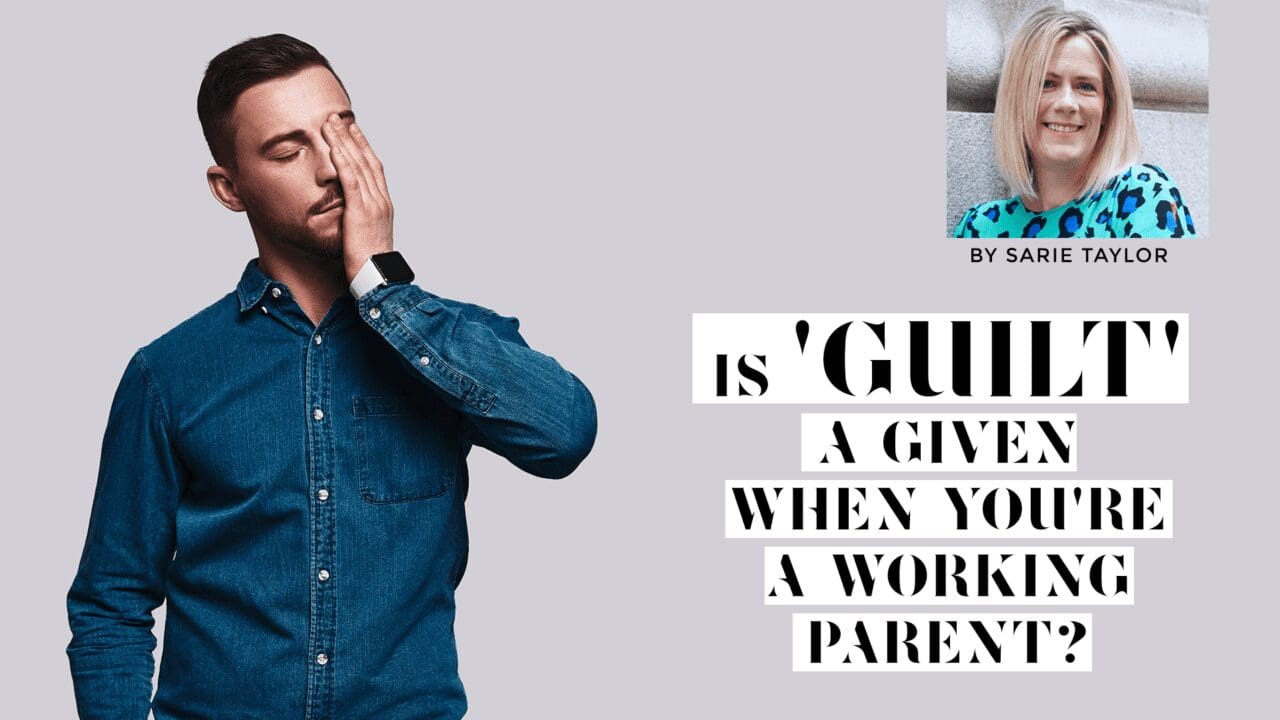 IS GUILT A GIVEN WHEN YOU ARE A WORKING PARENT?
IS GUILT A GIVEN WHEN YOU ARE A WORKING PARENT?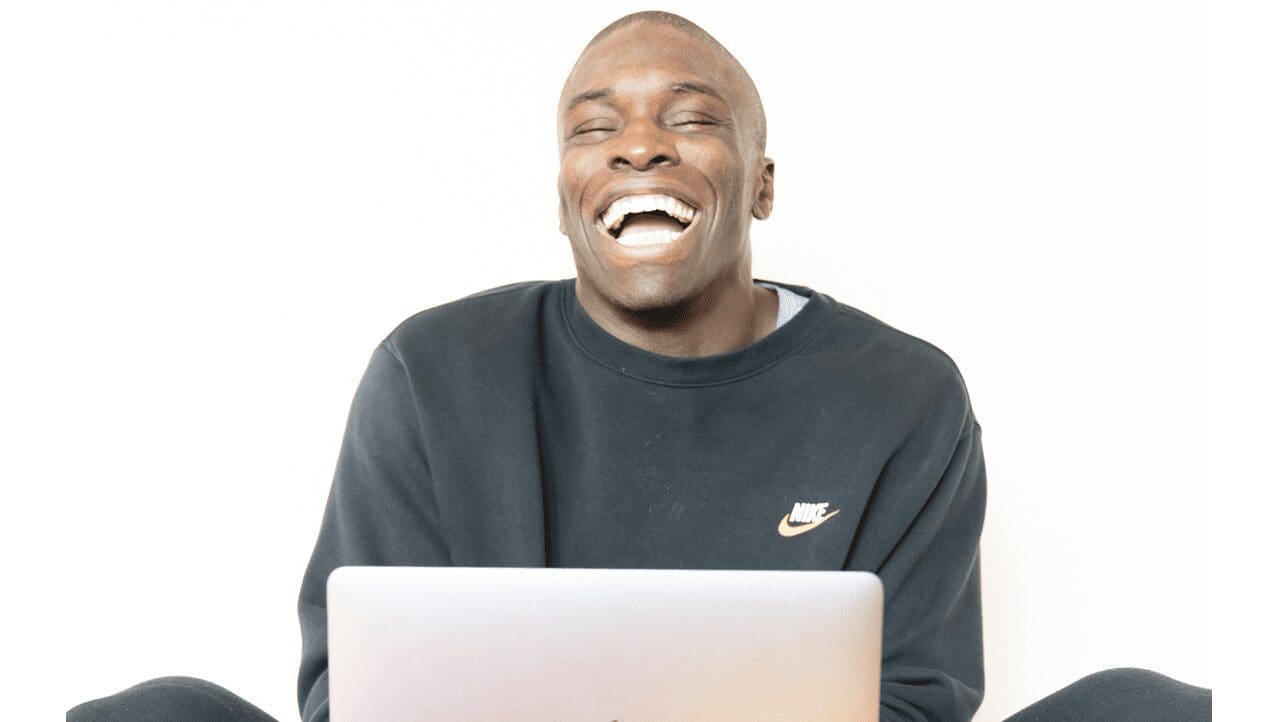 Paul ‘Omega’ Olima
Paul ‘Omega’ Olima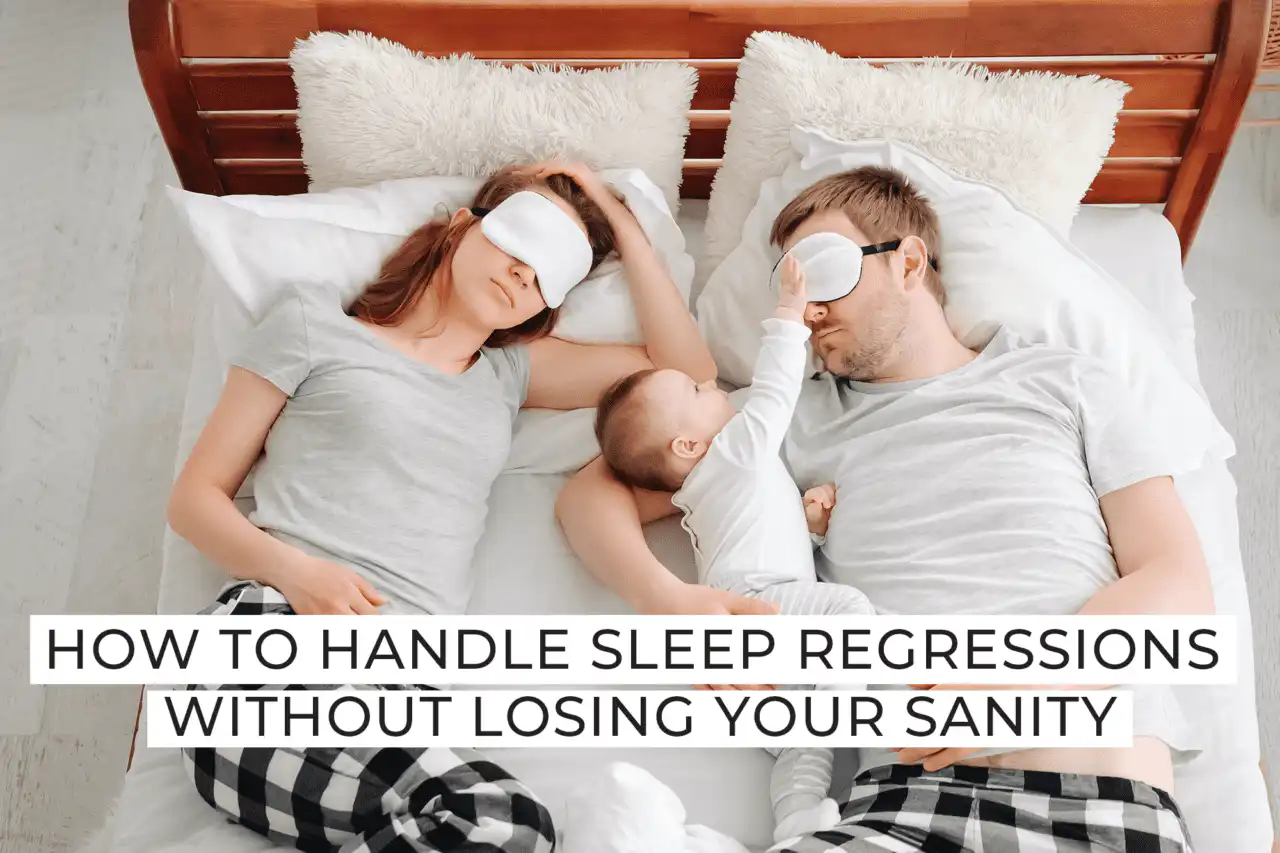 How to Handle Sleep Regressions Without Losing Your Sanity
How to Handle Sleep Regressions Without Losing Your Sanity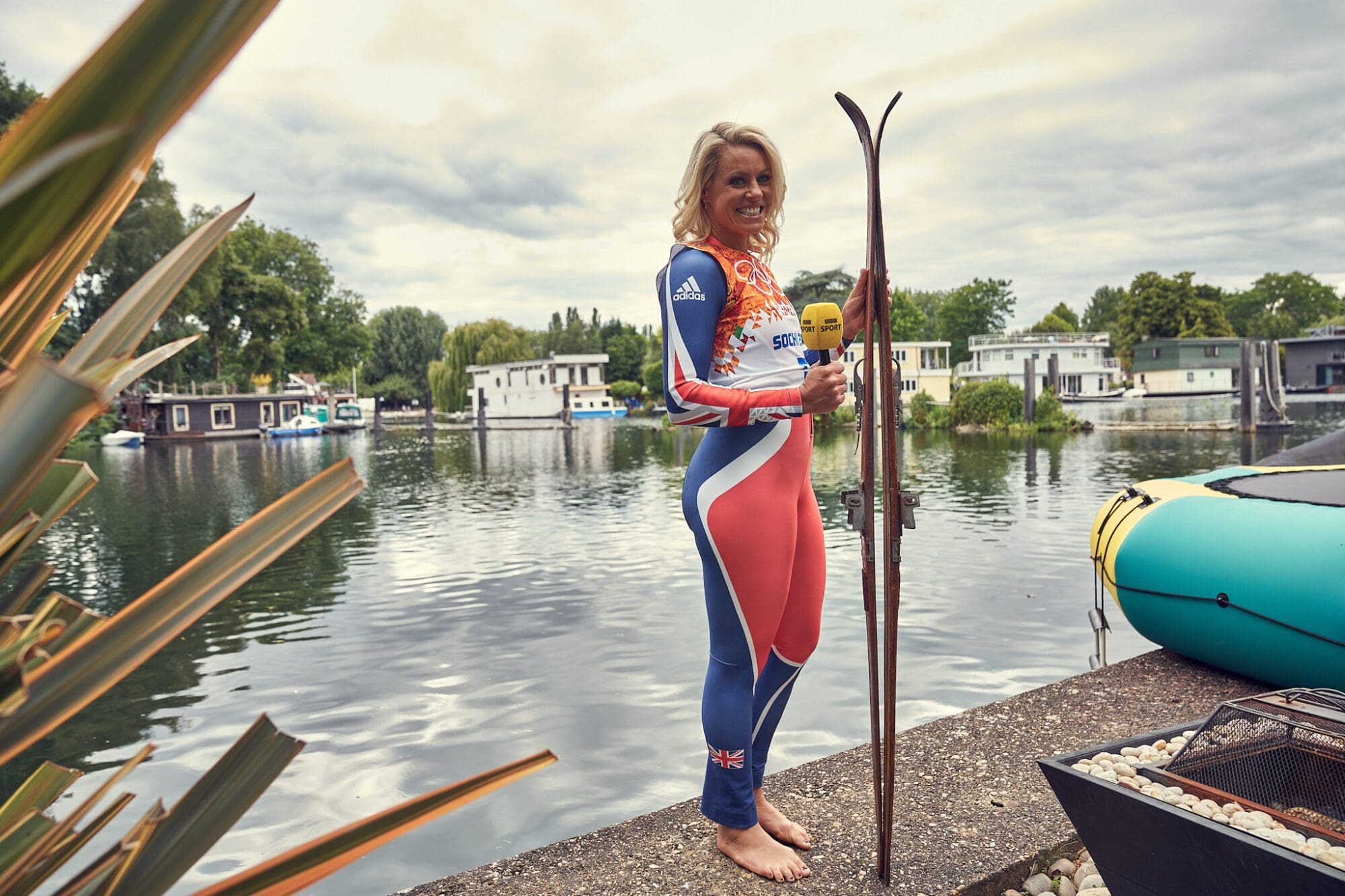 CHEMMY ALCOTT
CHEMMY ALCOTT Imposter Syndrome – Do you feel like an imposter?
Imposter Syndrome – Do you feel like an imposter?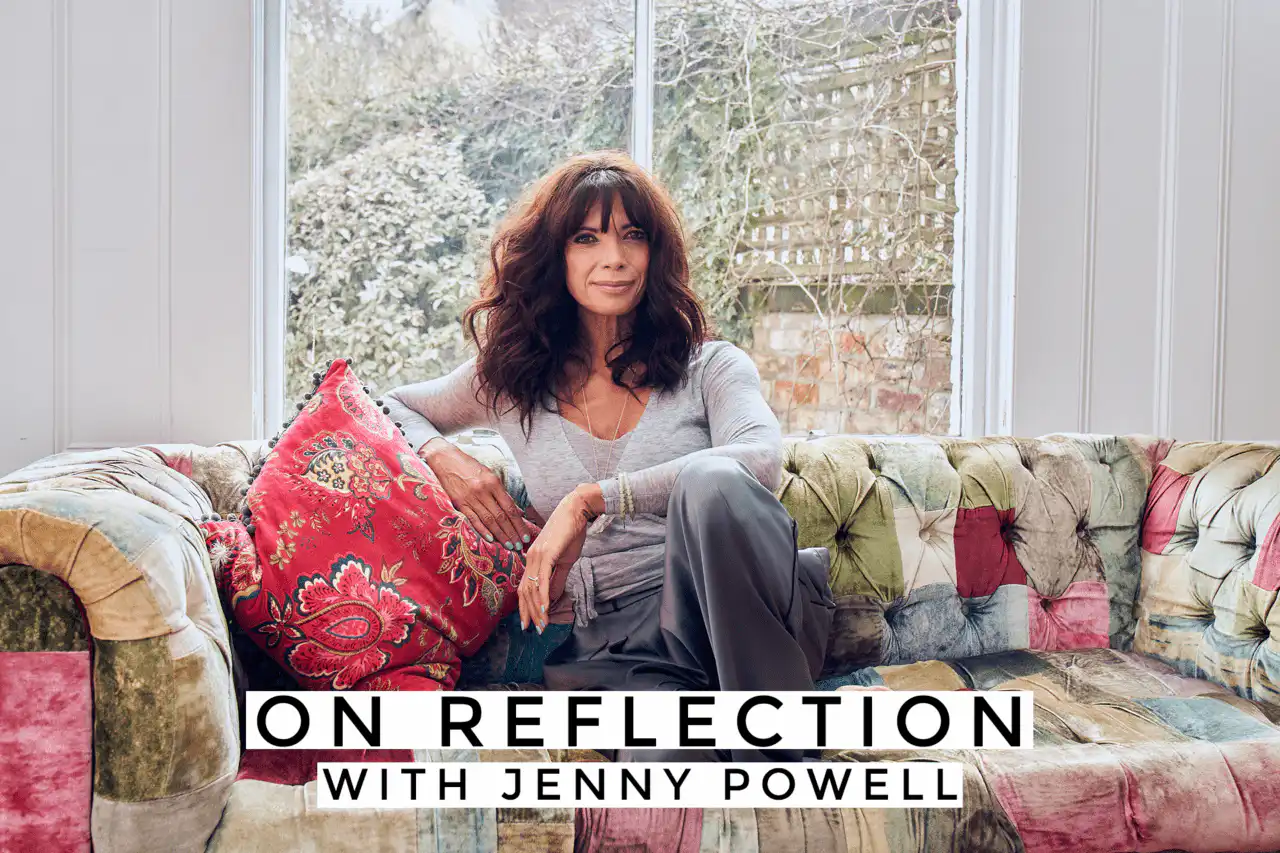 On Reflection with Jenny Powell
On Reflection with Jenny Powell DISNEYLAND PARIS: EDITOR REVIEW
DISNEYLAND PARIS: EDITOR REVIEW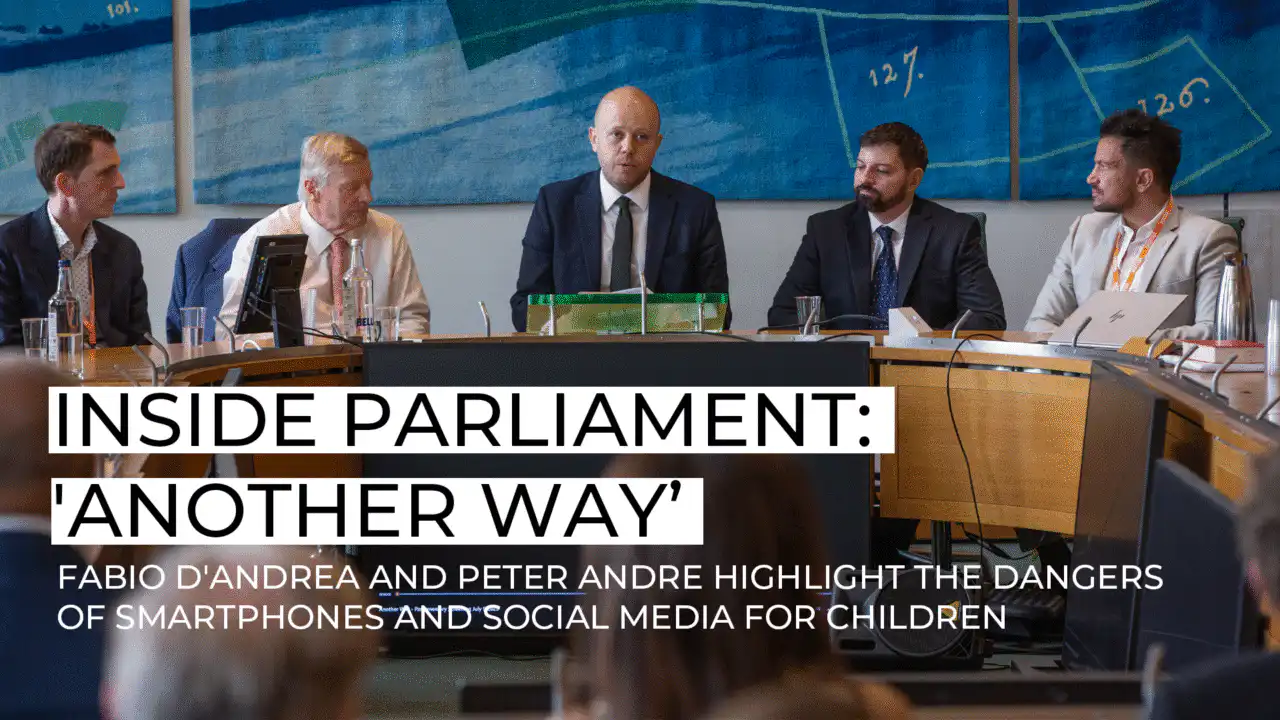 Inside Parliament: Fabio D’Andrea and Peter Andre warn of the hidden dangers of kids’ smartphones an…
Inside Parliament: Fabio D’Andrea and Peter Andre warn of the hidden dangers of kids’ smartphones an…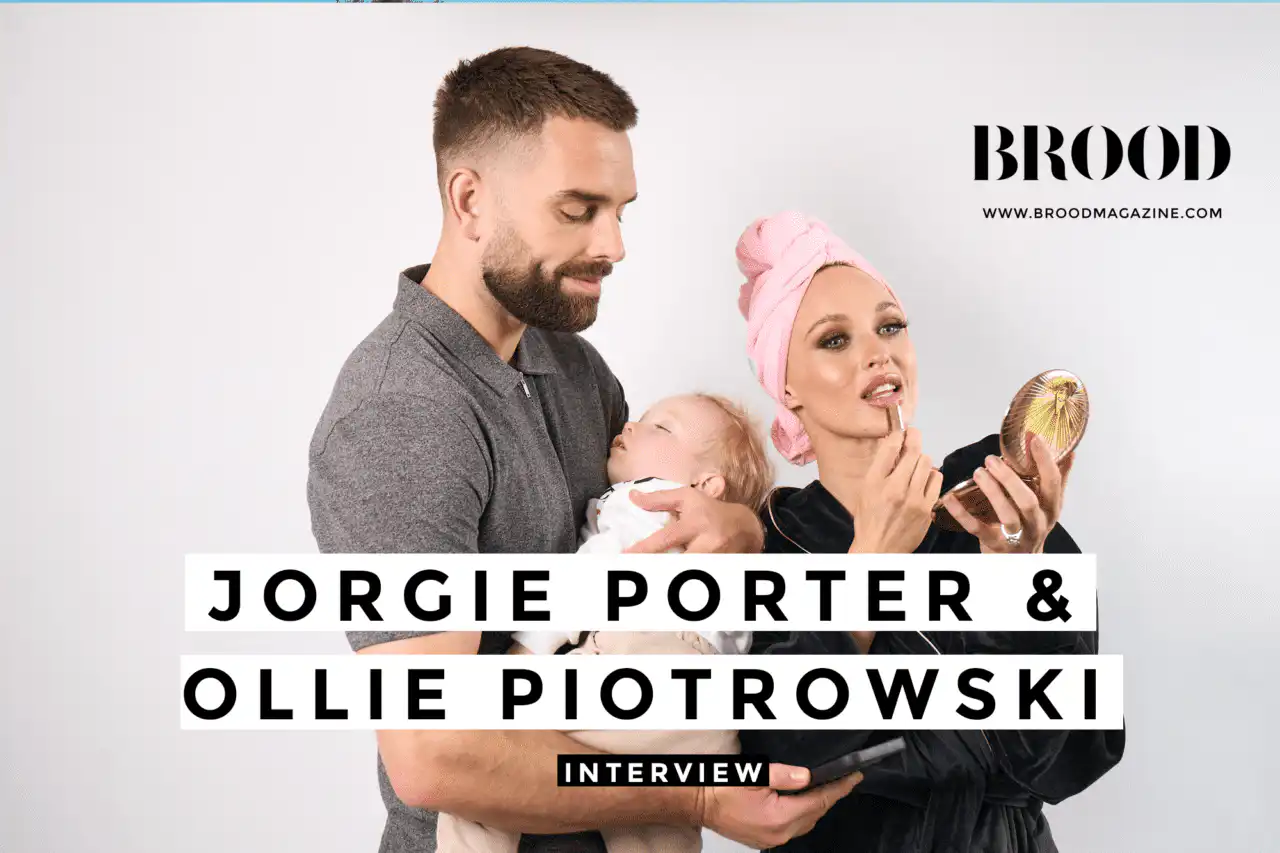 Jorgie Porter and Ollie Piotrowski
Jorgie Porter and Ollie Piotrowski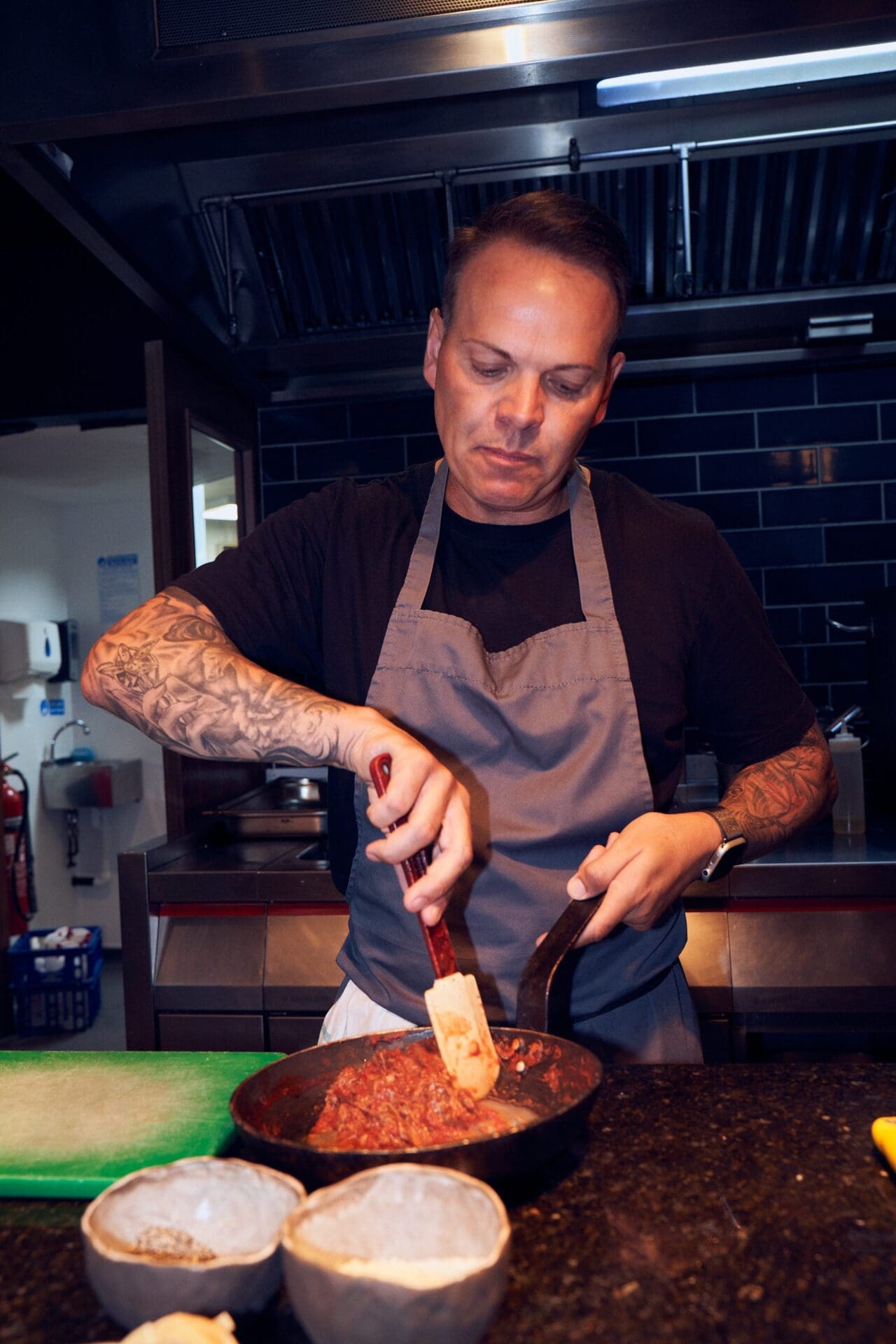 Dining Table Date Night – Ox Cheek Tagliatelle with Simon Wood
Dining Table Date Night – Ox Cheek Tagliatelle with Simon Wood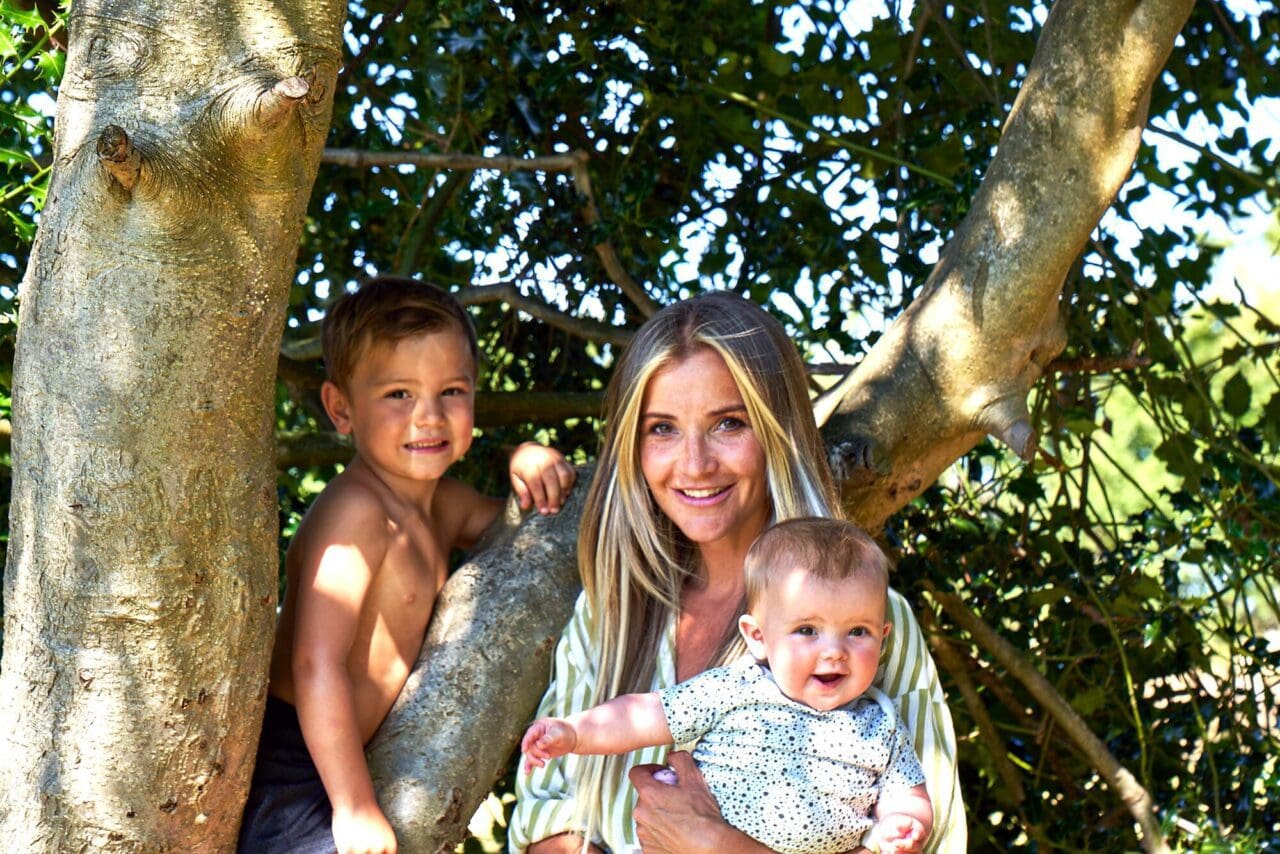 Helen Skelton on her career, motherhood and changing the narrative
Helen Skelton on her career, motherhood and changing the narrative LUCY MECKLENBURGH – Mum of two, tv star, entrepreneur, wellness expert and property developer
LUCY MECKLENBURGH – Mum of two, tv star, entrepreneur, wellness expert and property developer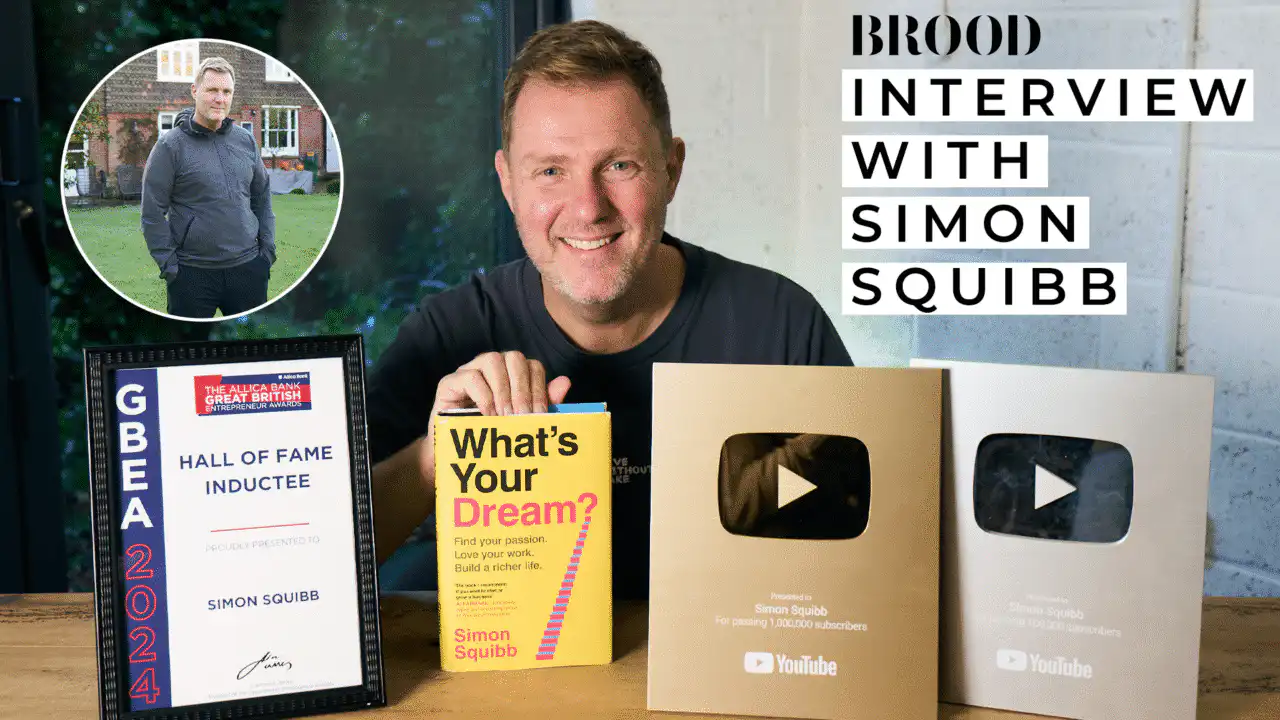 Interview with Entrepreneur Simon squibb – what’s your dream?
Interview with Entrepreneur Simon squibb – what’s your dream?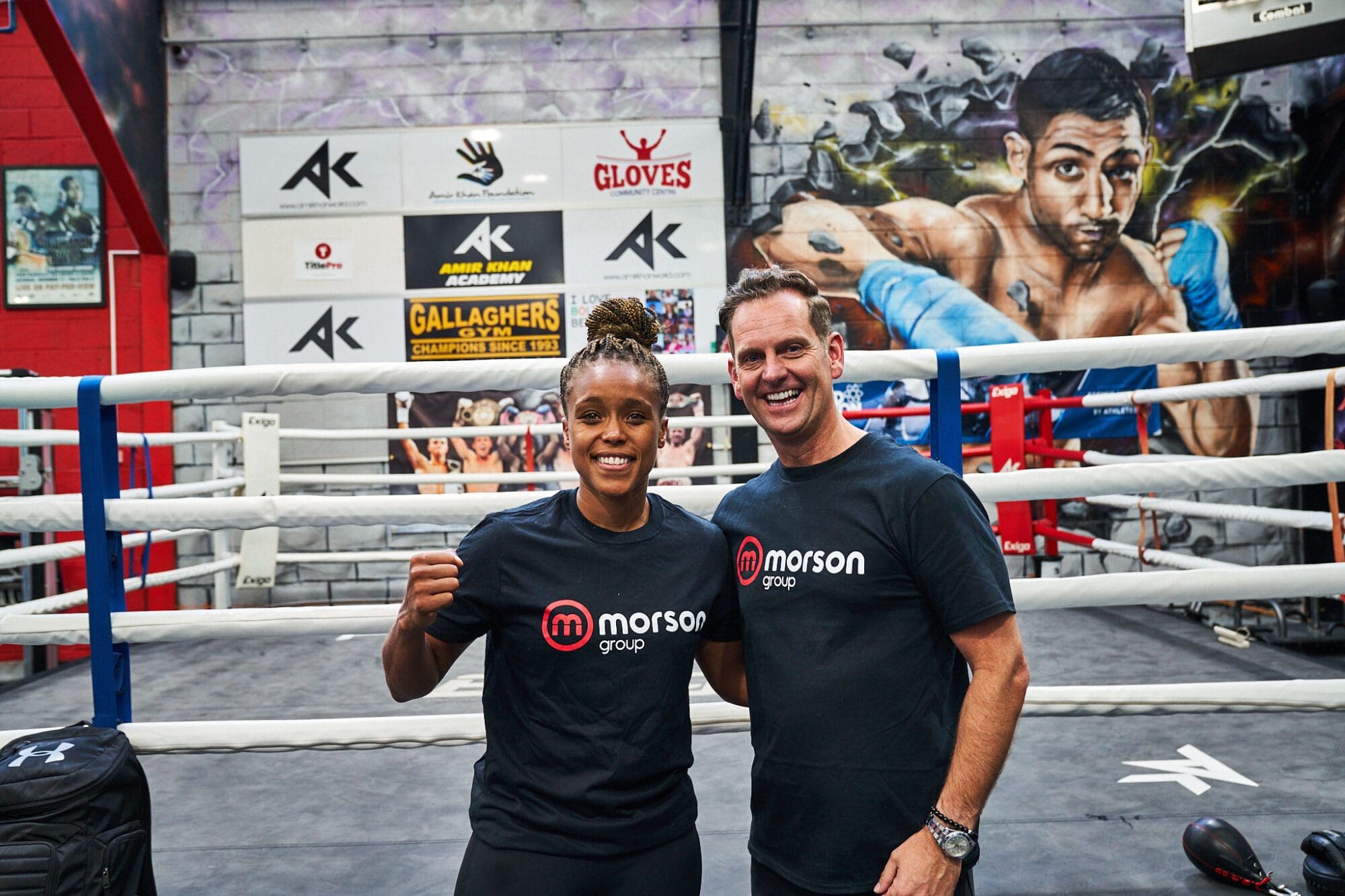 Amateur star to world champion but the best title is ‘Mum’ | Natasha Jonas on returning to the ring …
Amateur star to world champion but the best title is ‘Mum’ | Natasha Jonas on returning to the ring …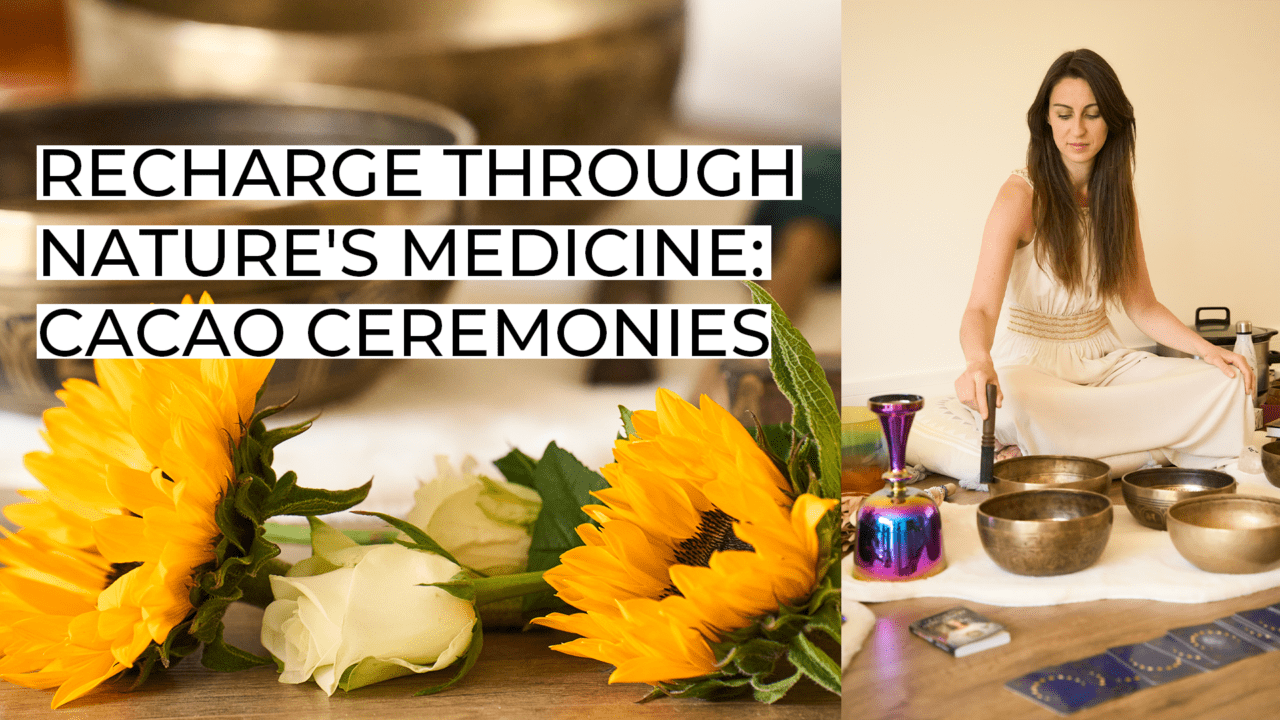 Recharge Through Nature’s Medicine: Cacao Ceremonies
Recharge Through Nature’s Medicine: Cacao Ceremonies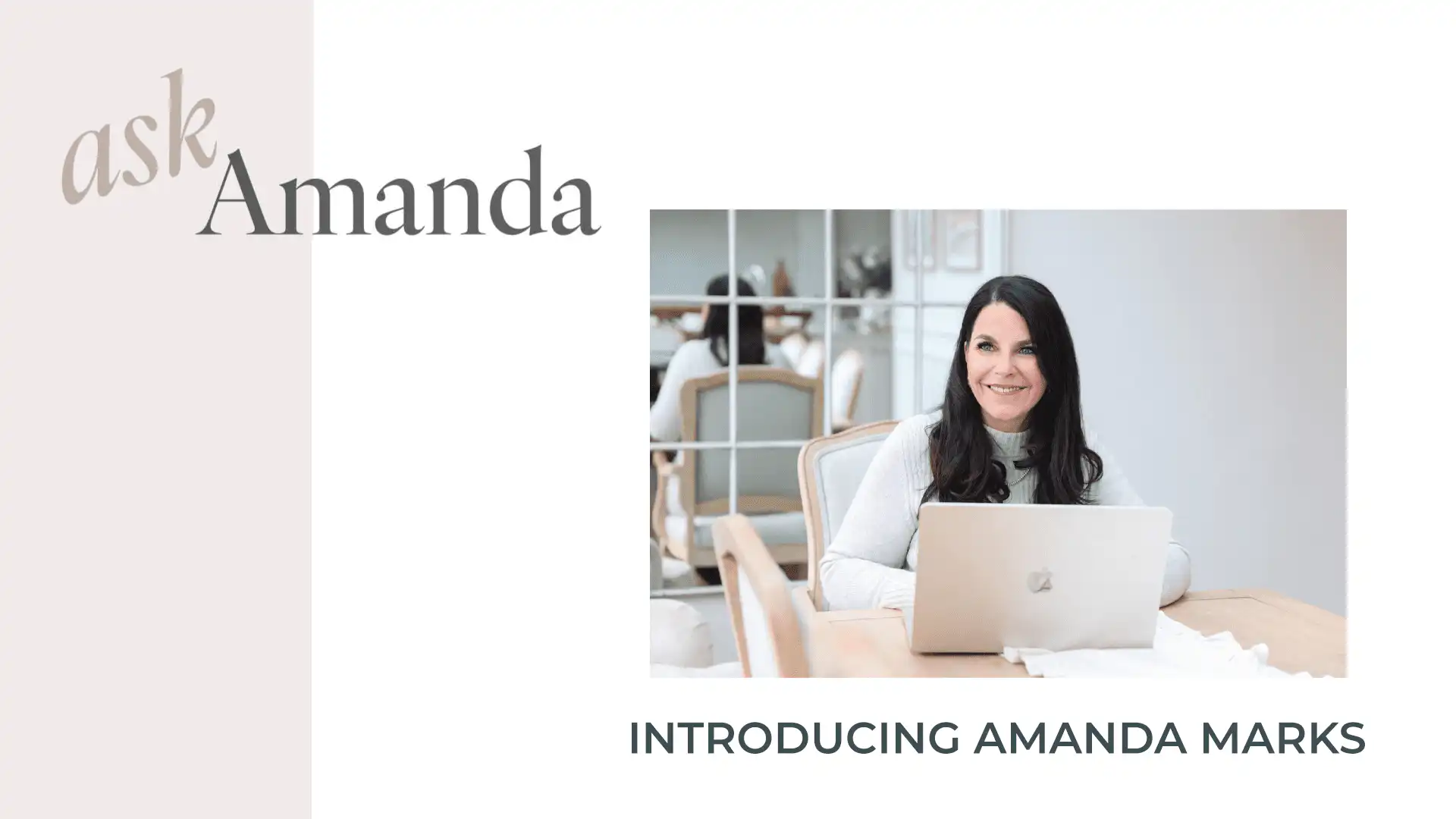 Introducing Amanda Marks
Introducing Amanda Marks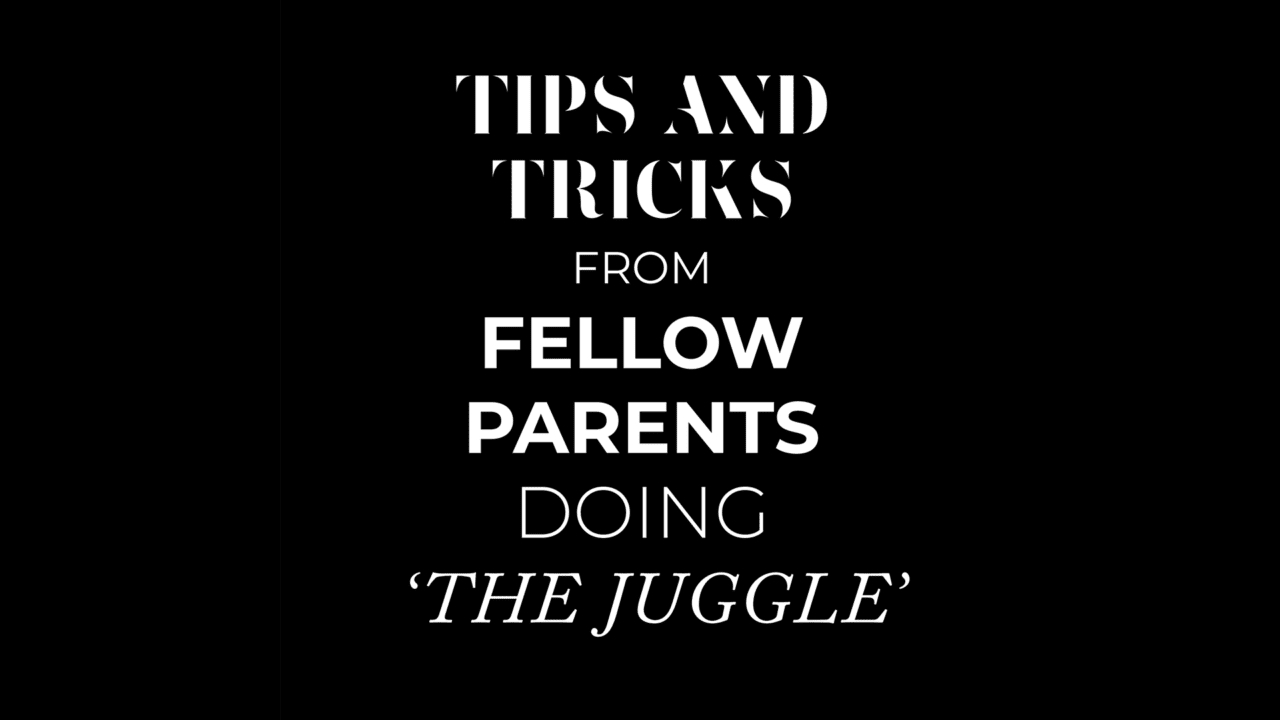 Tips and Tricks from fellow working parents doing the juggle
Tips and Tricks from fellow working parents doing the juggle| Cookie | Duration | Description |
|---|---|---|
| cookielawinfo-checkbox-analytics | 11 months | This cookie is set by GDPR Cookie Consent plugin. The cookie is used to store the user consent for the cookies in the category "Analytics". |
| cookielawinfo-checkbox-functional | 11 months | The cookie is set by GDPR cookie consent to record the user consent for the cookies in the category "Functional". |
| cookielawinfo-checkbox-necessary | 11 months | This cookie is set by GDPR Cookie Consent plugin. The cookies is used to store the user consent for the cookies in the category "Necessary". |
| cookielawinfo-checkbox-others | 11 months | This cookie is set by GDPR Cookie Consent plugin. The cookie is used to store the user consent for the cookies in the category "Other. |
| cookielawinfo-checkbox-performance | 11 months | This cookie is set by GDPR Cookie Consent plugin. The cookie is used to store the user consent for the cookies in the category "Performance". |
| viewed_cookie_policy | 11 months | The cookie is set by the GDPR Cookie Consent plugin and is used to store whether or not user has consented to the use of cookies. It does not store any personal data. |
